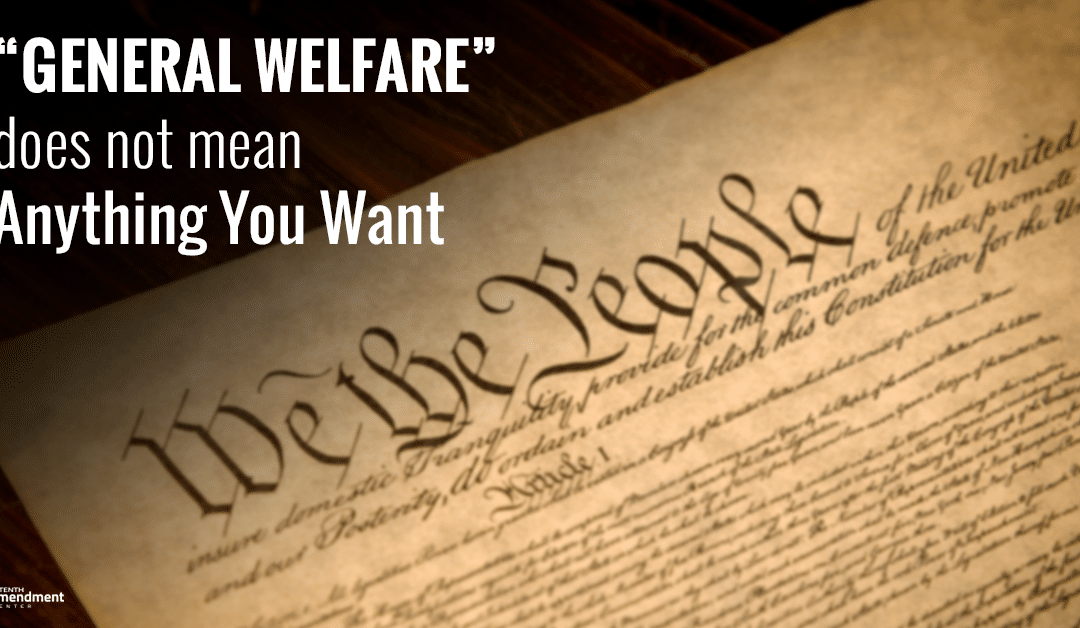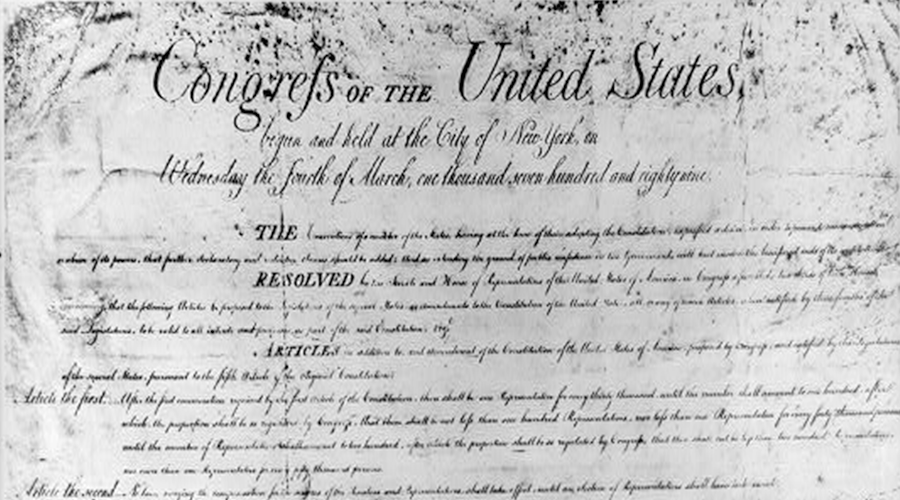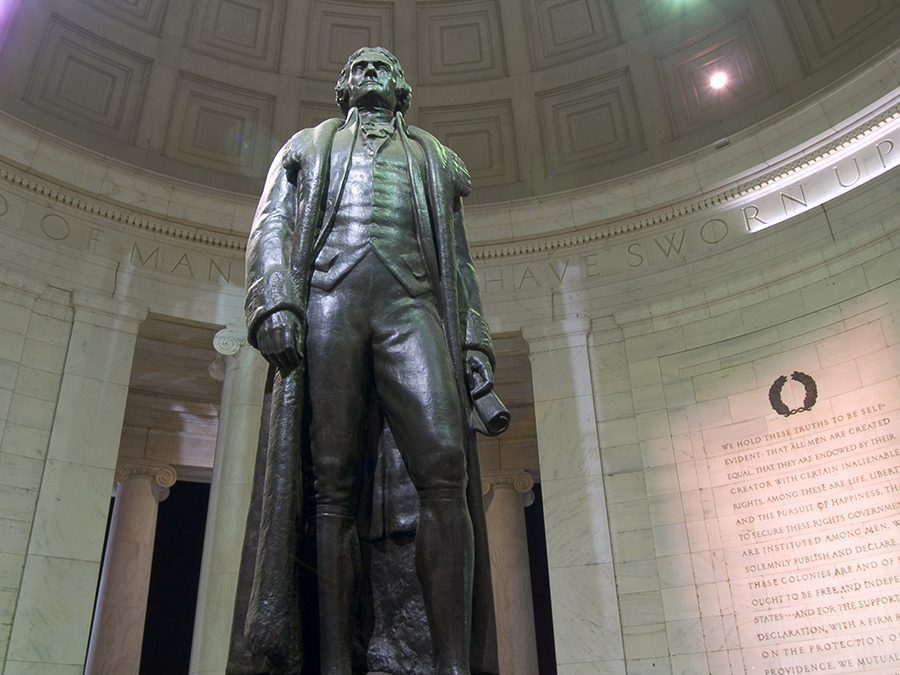
Constitution 101


Constitution 101: To “Provide for the Common Defense”
Many people use the general welfare clause as their “the federal government can do anything and everything clause.” Others have turned the phrase “provide for the common defense” into a similar justification for federal overreach. Progressives tend to invoke the...
The Ninth and Tenth Amendments: Keystones of Liberty
The founding generation created a political system that carefully divided powers and that was designed to ensure the general government remained limited in its scope and power. That system has all but vanished, but two oft-ignored and misunderstood provisions in the...
Constitution 101: The Ninth Amendment
Generally, Americans treat the Ninth Amendment like the Bill of Rights’ unwanted stepchild. They mostly ignore it, and when they do talk about it, they often misunderstand it. In reality, the Ninth Amendment serves a very simple but crucial purpose. It expands the...
What Does the Word “Arms” Mean in the 2nd Amendment?
Previously I’ve examined what the phrase “bear arms” meant in the Second Amendment. The evidence makes it obviously clear it referenced both military and civilian use of weapons. But what did the word “arms” mean at the time? Today the word “arms” refers collectively...
